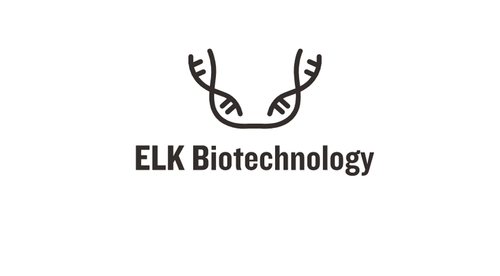Product Description
Mouse Syntaxin-2 (STX2) ELISA Kit | AE15782MO | Abebio
Species Reactivity: Mouse (Mus musculus)
Abbreviation: STX2
Alternative Name: EPIM; EPM; MGC51014; STX2A; STX2B; STX2C; epimorphin
Application: ELISA
Range: 0.312-20 ng/mL
Sensitivity: 0.126 ng/mL
Intra-Assay: ≤4.6%
Inter-Assay: ≤7.1%
Recovery: 0, 98
Sample Type: Serum, Plasma, Other biological fluids
Detection Method: Sandwich
Analysis Method : Quantitive
Test Principale: This assay employs a two-site sandwich ELISA to quantitate STX2 in samples. An antibody specific for STX2 has been pre-coated onto a microplate. Standards and samples are pipetted into the wells and anySTX2 present is bound by the immobilized antibody. After removing any unbound substances, a biotin-conjugated antibody specific for STX2 is added to the wells. After washing, Streptavidin conjugated Horseradish Peroxidase (HRP) is added to the wells. Following a wash to remove any unbound avidin-enzyme reagent, a substrate solution is added to the wells and color develops in proportion to the amount of STX2 bound in the initial step. The color development is stopped and the intensity of the color is measured.
Product Overview: Syntaxins are a family of membrane integrated Q-SNARE proteins participating in exocytosis.Syntaxins possess a single C-terminal transmembrane domain, a SNARE domain (known as H3), and an N-terminal regulatory domain (Habc) . Syntaxin-2 is a protein belongs to the syntaxin/epimorphin family of proteins. The syntaxins are a large protein family implicated in the targeting and fusion of intracellular transport vesicles. The product of this gene regulates epithelial-mesenchymal interactions and epithelial cell morphogenesis and activation. Alternatively spliced transcript variants encoding different isoforms have been identified.
Stability: The stability of ELISA kit is determined by the loss rate of activity. The loss rate of this kit is less than 5% within the expiration date under appropriate storage condition. The loss rate was determined by accelerated thermal degradation test. Keep the kit at 37°C for 4 and 7 days, and compare O.D.values of the kit kept at 37°C with that of at recommended temperature. (referring from China Biological Products Standard, which was calculated by the Arrhenius equation. For ELISA kit, 4 days storage at 37°C can be considered as 6 months at 2 - 8°C, which means 7 days at 37°C equaling 12 months at 2 - 8°C) .
 Euro
Euro
 USD
USD
 British Pound
British Pound
 NULL
NULL








